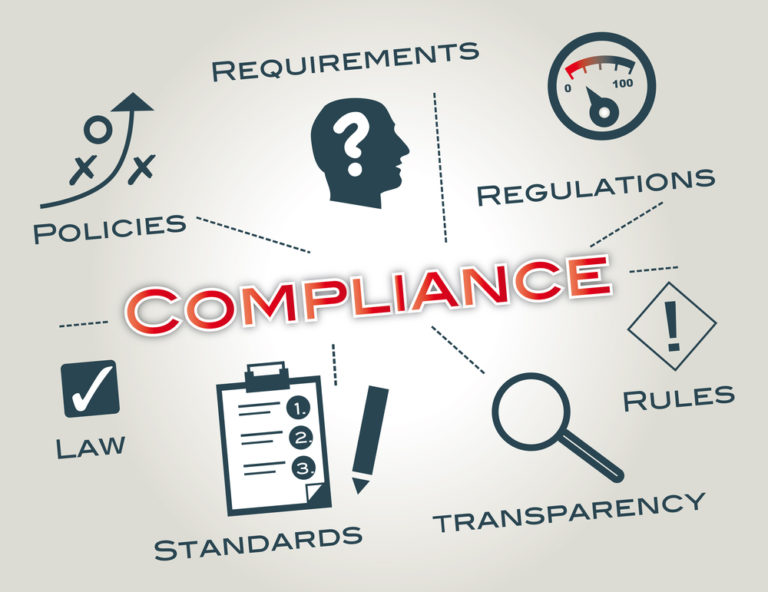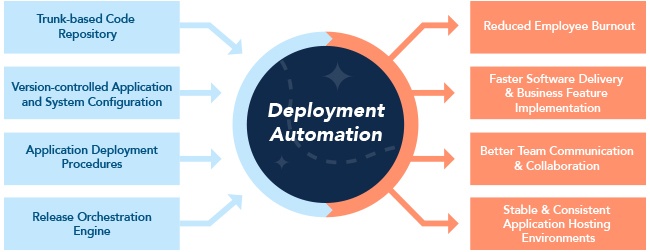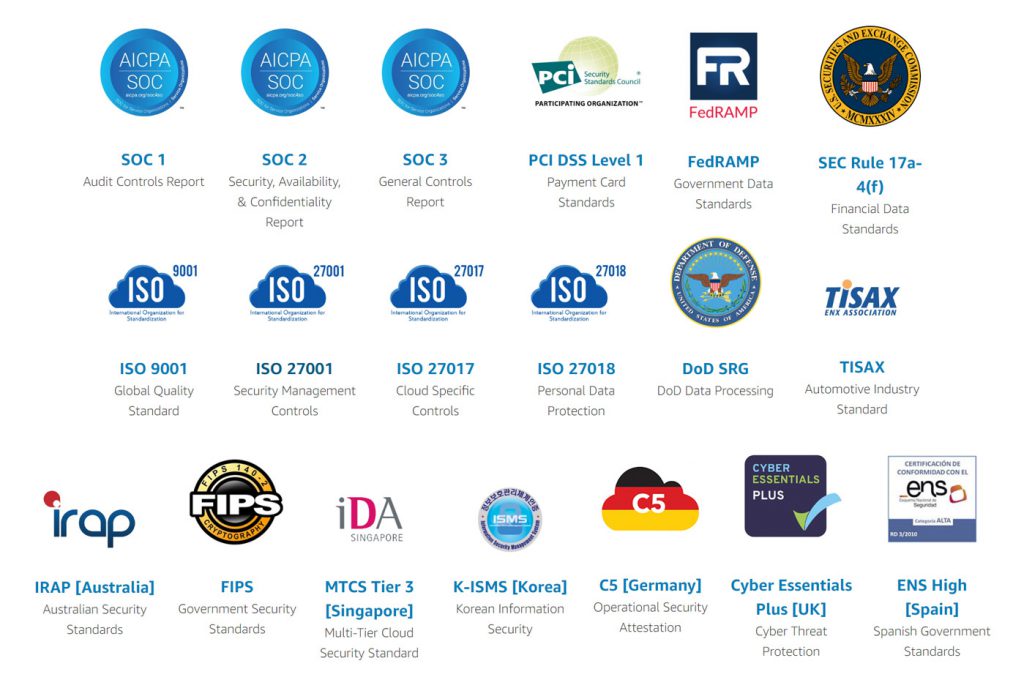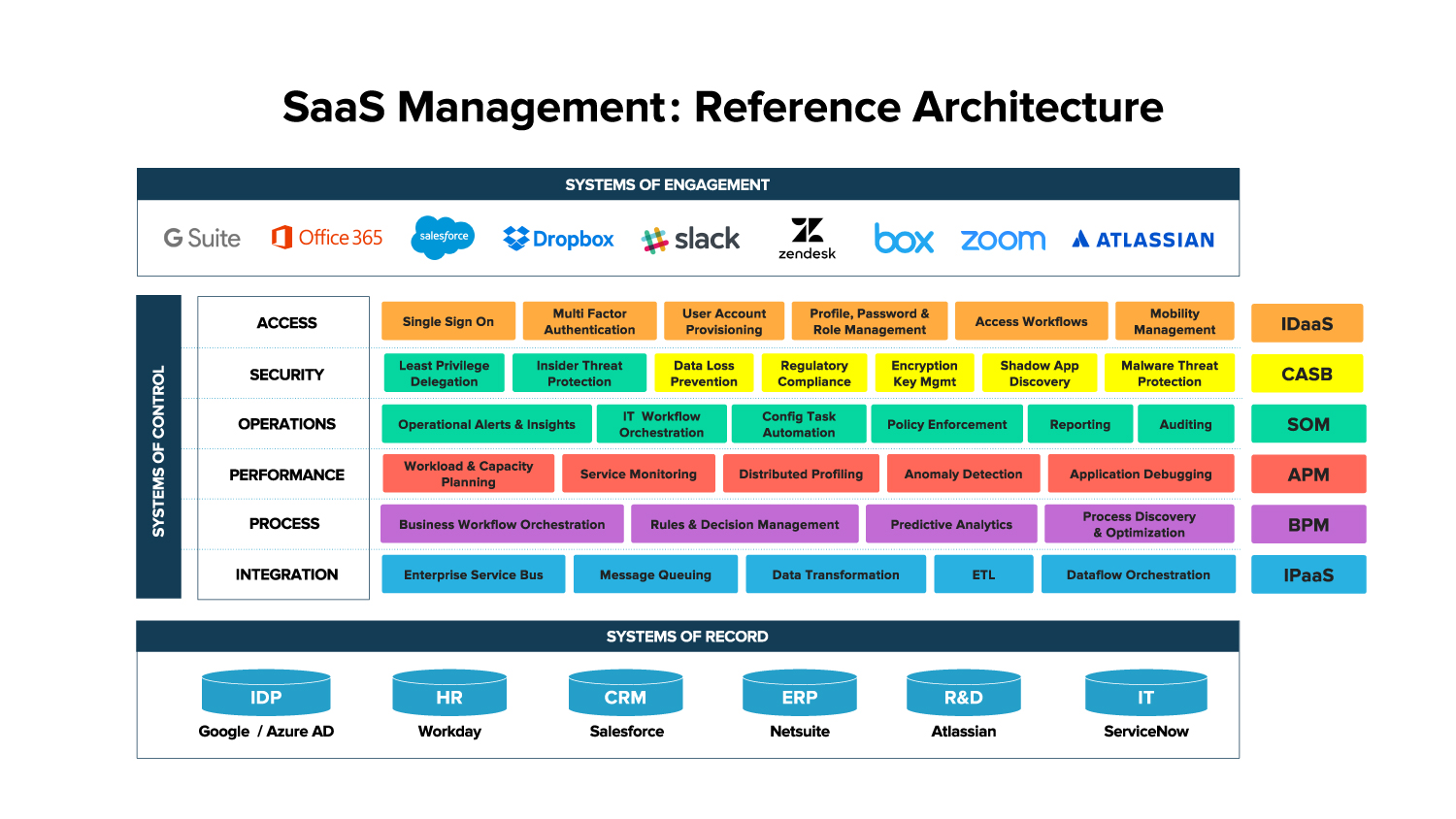Navigating the Complex World of Regulatory Requirements
SaaS startups face numerous challenges in meeting various certification and compliance requirements, such as the General Data Protection Regulation (GDPR), Health Insurance Portability and Accountability Act (HIPAA), and Service Organization Control 2 (SOC 2). These regulations are designed to protect sensitive data and ensure the security of software as a service (SaaS) applications. However, the complexity of these requirements can be overwhelming for startups, particularly those with limited resources and expertise.
Prioritizing compliance is crucial for SaaS startups to avoid reputational damage and financial losses. A single data breach or non-compliance incident can result in significant fines, loss of customer trust, and damage to the company’s reputation. In fact, a study by Ponemon Institute found that the average cost of a data breach for SaaS companies is around $3.92 million. Furthermore, non-compliance can also lead to legal repercussions, including lawsuits and regulatory penalties.
To mitigate these risks, SaaS startups must develop effective certification and compliance innovation strategies. This includes investing in compliance technology, training employees, and establishing clear policies and procedures. By prioritizing compliance, SaaS startups can demonstrate their commitment to security and data protection, ultimately driving business growth and revenue. Effective SaaS startup certification and compliance innovation strategies can help startups navigate the complex world of regulatory requirements, ensuring the security and integrity of their applications and data.
How to Streamline Compliance Processes with Automation
Automation is a key component of effective SaaS startup certification and compliance innovation strategies. By automating compliance processes, SaaS startups can reduce manual errors, increase efficiency, and achieve cost savings. Compliance automation tools, such as Compliance.ai and AuditBoard, can help streamline compliance by automating tasks, such as data collection, reporting, and auditing.
Compliance.ai, for example, is a compliance automation platform that uses artificial intelligence to help SaaS startups manage compliance requirements. The platform provides real-time monitoring and alerts, ensuring that startups stay on top of compliance obligations. AuditBoard, on the other hand, is a cloud-based audit and compliance platform that helps SaaS startups manage audit and compliance processes in a single platform.
By automating compliance processes, SaaS startups can free up resources to focus on core business activities, such as product development and customer acquisition. Automation also helps reduce the risk of non-compliance, which can result in significant fines and reputational damage. Moreover, automation can help SaaS startups demonstrate compliance to customers and stakeholders, which can be a competitive advantage in the market.
In addition to compliance automation tools, SaaS startups can also leverage other technologies, such as robotic process automation (RPA) and machine learning, to streamline compliance processes. RPA, for example, can help automate repetitive tasks, such as data entry and reporting, while machine learning can help identify patterns and anomalies in compliance data.
By leveraging automation and other technologies, SaaS startups can develop effective certification and compliance innovation strategies that drive business growth and revenue. Automation can help SaaS startups stay ahead of the competition, while also ensuring compliance with regulatory requirements.
Leveraging Compliance as a Competitive Advantage
SaaS startups can turn compliance into a competitive advantage by showcasing their commitment to security and data protection. By prioritizing compliance, startups can demonstrate to customers and stakeholders that they take data protection seriously, which can be a major differentiator in a crowded market. In fact, a study by Deloitte found that 70% of customers consider a company’s commitment to data protection when making purchasing decisions.
Transparency and communication are key to leveraging compliance as a competitive advantage. SaaS startups should clearly communicate their compliance efforts to customers and stakeholders, including the measures they take to protect sensitive data. This can be done through regular security audits, compliance certifications, and transparent reporting. By being open and transparent about their compliance efforts, startups can build trust with customers and stakeholders, which can lead to increased loyalty and retention.
Moreover, SaaS startups can use compliance as a marketing tool to attract new customers. By highlighting their compliance efforts, startups can demonstrate their commitment to security and data protection, which can be a major selling point for customers who value data protection. In fact, a study by Gartner found that companies that prioritize compliance are more likely to attract new customers and increase revenue.
To leverage compliance as a competitive advantage, SaaS startups should consider the following strategies:
Develop a compliance program that is tailored to their specific needs and industry
Conduct regular security audits and compliance certifications to demonstrate their commitment to compliance
Communicate their compliance efforts clearly and transparently to customers and stakeholders
Use compliance as a marketing tool to attract new customers and increase revenue
By leveraging compliance as a competitive advantage, SaaS startups can differentiate themselves in a crowded market, build trust with customers and stakeholders, and drive business growth and revenue.
Staying Ahead of the Curve with Emerging Compliance Trends
The compliance landscape is constantly evolving, with new technologies and innovations emerging to help SaaS startups stay ahead of the curve. One of the most significant emerging trends in compliance is the use of artificial intelligence (AI) and machine learning (ML) to detect and prevent non-compliance. These technologies can help SaaS startups identify potential compliance risks and take proactive steps to mitigate them.
AI-powered compliance tools can analyze large datasets and identify patterns and anomalies that may indicate non-compliance. For example, AI-powered tools can analyze employee communications and detect potential data breaches or other compliance risks. ML algorithms can also be used to predict compliance risks and provide recommendations for mitigation.
Another emerging trend in compliance is the use of blockchain technology to ensure data integrity and security. Blockchain technology can provide a secure and transparent way to store and manage sensitive data, reducing the risk of data breaches and other compliance risks.
While these emerging trends offer significant benefits for SaaS startups, they also present challenges. For example, implementing AI and ML technologies requires significant investment in infrastructure and expertise. Additionally, there is a risk that these technologies may not be effective in detecting and preventing non-compliance, particularly if they are not properly configured and maintained.
To stay ahead of the curve with emerging compliance trends, SaaS startups should consider the following strategies:
Invest in AI and ML technologies to detect and prevent non-compliance
Implement blockchain technology to ensure data integrity and security
Stay up-to-date with regulatory changes and emerging trends in compliance
Invest in employee training and education to ensure that employees understand the importance of compliance and how to use emerging technologies to support compliance efforts
By staying ahead of the curve with emerging compliance trends, SaaS startups can reduce the risk of non-compliance and ensure that they are well-positioned to succeed in a rapidly changing regulatory environment.
Building a Culture of Compliance within Your SaaS Startup
Creating a culture of compliance within a SaaS startup is crucial for ensuring that compliance is integrated into every aspect of the business. A culture of compliance is one where employees understand the importance of compliance and are empowered to make decisions that support compliance efforts. This culture is essential for SaaS startups, as it helps to ensure that compliance is not just a checkbox exercise, but a core part of the business.
To build a culture of compliance, SaaS startups should prioritize employee training and education. This includes providing regular training sessions on compliance policies and procedures, as well as ensuring that employees understand the importance of compliance and how it impacts the business. Additionally, SaaS startups should establish clear policies and procedures that outline compliance expectations and provide guidance on how to comply with regulatory requirements.
Encouraging a speak-up culture is also essential for building a culture of compliance. This means creating an environment where employees feel comfortable reporting compliance concerns or issues without fear of retaliation. SaaS startups should establish a clear reporting process for compliance concerns and ensure that employees understand how to report issues and what to expect in terms of follow-up.
A culture of compliance also requires leadership buy-in and support. SaaS startup leaders should prioritize compliance and communicate its importance to employees. This includes setting the tone for compliance and ensuring that compliance is integrated into business decisions. By prioritizing compliance and creating a culture of compliance, SaaS startups can ensure that compliance is a core part of the business and reduce the risk of non-compliance.
Some best practices for building a culture of compliance within a SaaS startup include:
Providing regular training sessions on compliance policies and procedures
Establishing clear policies and procedures that outline compliance expectations
Encouraging a speak-up culture and creating a clear reporting process for compliance concerns
Prioritizing compliance and communicating its importance to employees
Integrating compliance into business decisions and ensuring that compliance is a core part of the business
By following these best practices, SaaS startups can build a culture of compliance that supports their certification and compliance innovation strategies and reduces the risk of non-compliance.
Overcoming Common Compliance Challenges in SaaS Startups
SaaS startups often face unique compliance challenges, including limited resources and expertise. These challenges can make it difficult for startups to navigate the complex world of regulatory requirements and maintain compliance. However, there are several strategies that SaaS startups can use to overcome these challenges and ensure compliance.
One common compliance challenge faced by SaaS startups is limited resources. Startups often have limited budgets and personnel, making it difficult to dedicate the necessary resources to compliance. To overcome this challenge, startups can consider outsourcing compliance functions to third-party providers. This can help startups access the expertise and resources they need to maintain compliance without having to invest in additional personnel or infrastructure.
Another common compliance challenge faced by SaaS startups is limited expertise. Startups often lack the necessary expertise to navigate the complex world of regulatory requirements and maintain compliance. To overcome this challenge, startups can consider seeking external expertise from compliance consultants or advisors. This can help startups access the expertise they need to maintain compliance and ensure that they are meeting all relevant regulatory requirements.
Additionally, SaaS startups can also consider implementing compliance automation tools to streamline compliance processes and reduce the risk of non-compliance. Compliance automation tools can help startups automate compliance tasks, such as data collection and reporting, and provide real-time monitoring and alerts to ensure that compliance is maintained.
Some best practices for overcoming common compliance challenges in SaaS startups include:
Outsourcing compliance functions to third-party providers
Seeking external expertise from compliance consultants or advisors
Implementing compliance automation tools to streamline compliance processes
Providing regular training and education to employees on compliance policies and procedures
Establishing clear policies and procedures for compliance and ensuring that they are communicated to all employees
By following these best practices, SaaS startups can overcome common compliance challenges and ensure that they are meeting all relevant regulatory requirements.
Measuring and Demonstrating Compliance Effectiveness
Measuring and demonstrating compliance effectiveness is crucial for SaaS startups to ensure that their certification and compliance innovation strategies are successful. Compliance effectiveness can be measured using key performance indicators (KPIs) and metrics, such as the number of compliance incidents, the time taken to resolve compliance issues, and the cost of compliance.
To measure compliance effectiveness, SaaS startups can use a variety of tools and techniques, such as compliance dashboards, risk assessments, and audit reports. Compliance dashboards can provide a real-time view of compliance performance, while risk assessments can help identify potential compliance risks. Audit reports can provide an independent assessment of compliance effectiveness.
Once compliance effectiveness has been measured, SaaS startups can demonstrate their compliance successes to stakeholders and customers. This can be done through regular compliance reporting, compliance certifications, and compliance-related marketing materials. Regular compliance reporting can provide stakeholders and customers with a clear understanding of compliance performance, while compliance certifications can demonstrate a commitment to compliance. Compliance-related marketing materials can help to promote compliance successes and differentiate the SaaS startup from competitors.
Some best practices for measuring and demonstrating compliance effectiveness include:
Using KPIs and metrics to measure compliance performance
Conducting regular risk assessments to identify potential compliance risks
Using compliance dashboards to provide a real-time view of compliance performance
Providing regular compliance reporting to stakeholders and customers
Obtaining compliance certifications to demonstrate a commitment to compliance
Using compliance-related marketing materials to promote compliance successes
By following these best practices, SaaS startups can effectively measure and demonstrate compliance effectiveness, which can help to build trust with stakeholders and customers, and differentiate the SaaS startup from competitors.
Future-Proofing Your SaaS Startup’s Compliance Strategy
As the regulatory landscape continues to evolve, SaaS startups must prioritize future-proofing their compliance strategies to stay ahead of the curve. This involves staying up-to-date with regulatory changes, investing in compliance technology, and fostering a culture of continuous improvement. By doing so, SaaS startups can ensure they remain compliant, avoid reputational damage, and maintain customer trust.
One key aspect of future-proofing compliance is staying informed about regulatory changes. This can be achieved by monitoring industry publications, attending compliance events, and participating in relevant online forums. SaaS startups should also consider investing in compliance software that provides real-time updates on regulatory changes, such as Compliance.ai or Thomson Reuters.
Investing in compliance technology is also crucial for future-proofing. Automation tools, such as AuditBoard or Workiva, can help streamline compliance processes, reduce manual errors, and increase efficiency. Additionally, SaaS startups can leverage artificial intelligence (AI) and machine learning (ML) to detect and prevent non-compliance. For instance, AI-powered tools can analyze large datasets to identify potential compliance risks, while ML algorithms can help predict and prevent non-compliance.
Fostering a culture of continuous improvement is also essential for future-proofing compliance. This involves encouraging a speak-up culture, where employees feel empowered to report compliance concerns without fear of retribution. SaaS startups should also establish clear policies and procedures, provide regular training, and recognize and reward employees who demonstrate compliance excellence.
Furthermore, SaaS startups should prioritize transparency and communication with customers and stakeholders. This involves providing clear and concise information about compliance policies and procedures, as well as regular updates on compliance initiatives. By doing so, SaaS startups can demonstrate their commitment to compliance and build trust with customers and stakeholders.
Finally, SaaS startups should consider implementing a compliance innovation strategy that incorporates emerging trends and technologies. This may involve exploring the use of blockchain for secure data storage, or leveraging the Internet of Things (IoT) to enhance compliance monitoring. By embracing innovation, SaaS startups can stay ahead of the competition and maintain a strong compliance posture.
In conclusion, future-proofing a SaaS startup’s compliance strategy requires a proactive and innovative approach. By staying informed about regulatory changes, investing in compliance technology, fostering a culture of continuous improvement, prioritizing transparency and communication, and embracing innovation, SaaS startups can ensure they remain compliant, avoid reputational damage, and maintain customer trust. By incorporating SaaS startup certification and compliance innovation strategies, businesses can stay ahead of the curve and achieve long-term success.







